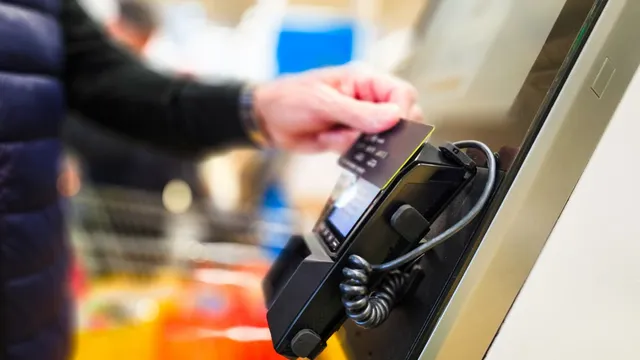
The rise and fall of self-service checkouts
2024-09-07 05:00- Self-service checkouts were designed to streamline the shopping process but have faced criticism for being unwelcoming, especially for older shoppers.
- Retailers have seen a rise in shoplifting incidents, with theft rates at a 20-year high, partly due to the challenges posed by self-checkout systems.
- Experts suggest that the economic advantages of self-service checkouts are limited, leading to a reconsideration of their role in retail.
Express your sentiment!
Insights
Self-service checkouts were introduced in the 1980s to enhance the shopping experience by allowing customers to check out quickly. However, recent trends indicate a decline in their popularity, particularly among older shoppers who find them intimidating and lacking in social interaction. A study revealed that one in four older consumers feel that self-service checkouts are unfriendly, highlighting the need for human connection during shopping. Retailers have also reported a significant increase in shoplifting, with theft rates reaching a 20-year high, partly attributed to the inadequacies of self-checkout systems. Experts argue that the economic benefits of self-service checkouts are minimal, as they require adequate staffing to prevent errors and abuse. The rise of 'middle-class shoplifting' has emerged as a consequence of reduced service levels, prompting retailers to reconsider the balance between technology and customer service. As retailers like Asda and Morrisons acknowledge the drawbacks of self-checkouts, there is a growing sentiment that a return to more traditional checkout methods may be necessary to meet customer needs and enhance the shopping experience.
Contexts
The rise of self-service checkouts has been met with mixed reactions in the retail landscape. While some retailers like Zara, Uniqlo, and Primark are adopting self-checkout systems, others, such as Asda and Morrisons, are facing customer backlash against these technologies. Asda has responded to growing dissatisfaction by announcing plans to hire more checkout staff, aiming to enhance the shopping experience and reduce wait times. Morrisons is also reevaluating its self-checkout strategy after receiving complaints about the number of unmanned tills. CEO Rami Baitiéh has acknowledged the need for a better balance between self-checkouts and manned tills, indicating a shift towards prioritizing human interaction in the shopping process. These developments reflect a broader trend where customers are increasingly favoring personal service over automated systems. The decisions made by Asda and Morrisons highlight the importance of customer feedback in shaping retail operations. As the retail environment continues to evolve, the contrasting approaches of different retailers illustrate the ongoing debate over the effectiveness and acceptance of self-service technology in enhancing customer satisfaction.